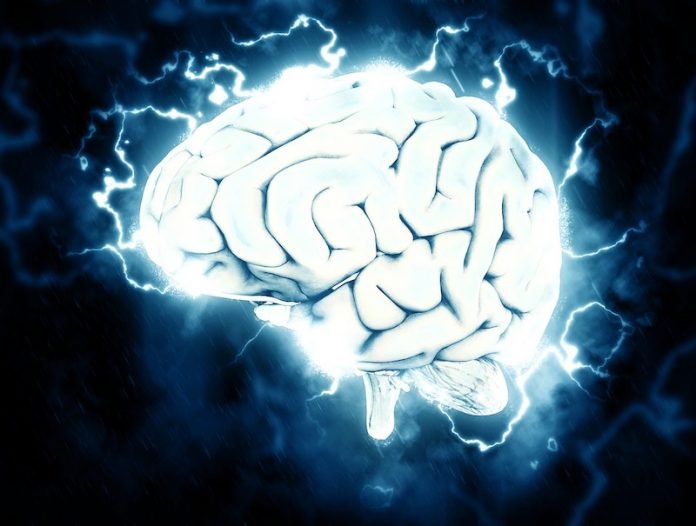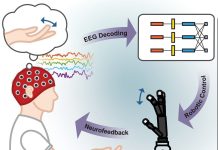
In a new study, researchers found how increasing brain stiffness as we age causes brain stem cell dysfunction, and demonstrated new ways to reverse older stem cells to a younger, healthier state.
The results have far-reaching implications for how scientists understand the aging process, and how they might develop much-needed treatments for age-related brain diseases.
The research was done by a research team based at the Wellcome-MRC Cambridge Stem Cell Institute (University of Cambridge).
As our bodies age, muscles, and joints can become stiff, making everyday movements more difficult.
This study shows the same is true in our brains, and that age-related brain stiffening has a significant impact on the function of brain stem cells.
The team tested young and old rat brains to understand the impact of age-related brain stiffening on the function of oligodendrocyte progenitor cells (OPCs).
These cells are a type of brain stem cell important for maintaining normal brain function, and for the regeneration of myelin—the fatty sheath that surrounds our nerves, which is damaged in multiple sclerosis (MS).
The effects of age on these cells contribute to MS, but their function also declines with age in healthy people.
To determine whether the loss of function in aged OPCs was reversible, the researchers transplanted older OPCs from aged rats into the soft, spongy brains of younger animals.
They found the older brain cells were rejuvenated and began to behave like the younger, more vigorous cells.
The researchers then developed new materials in the lab with varying degrees of stiffness and used these to grow and study the rat brain stem cells in a controlled environment.
The materials were engineered to have a similar softness to either young or old brains.
To fully understand how brain softness and stiffness influences cell behavior, the researchers examined Piezo1—a protein found on the cell surface, which informs the cell whether the surrounding environment is soft or stiff.
When they were able to delete Piezo1 in the OPCs within the aged rat brains, they found the cells becoming rejuvenated and once again able to assume their normal regenerative function.
The team says the findings on how brain stem cells age and how this process might be reversed have important implications for future treatment of brain diseases.
One author of the study is Dr. Kevin Chalut.
The study is published in Nature.
Copyright © 2019 Knowridge Science Report. All rights reserved.



